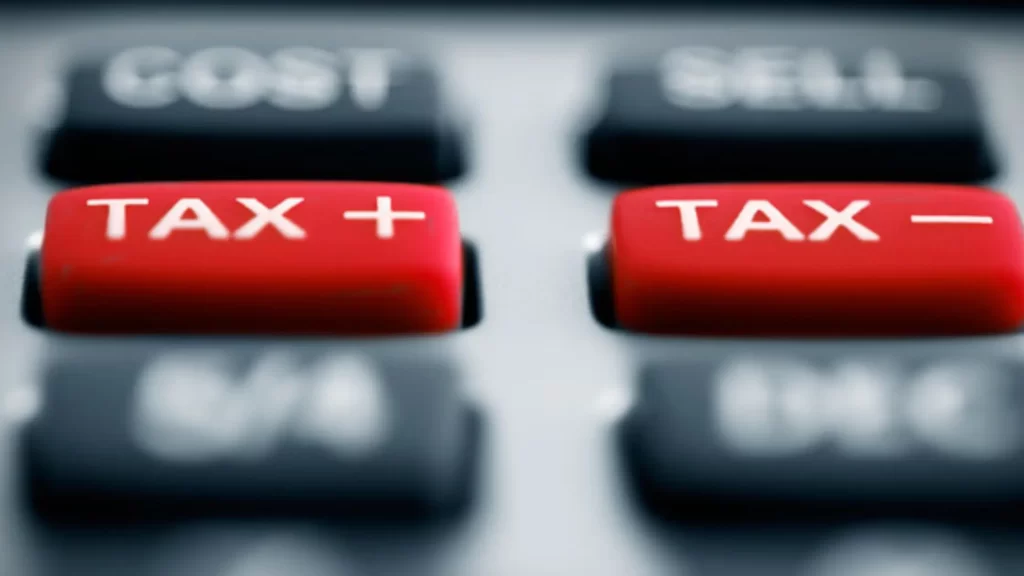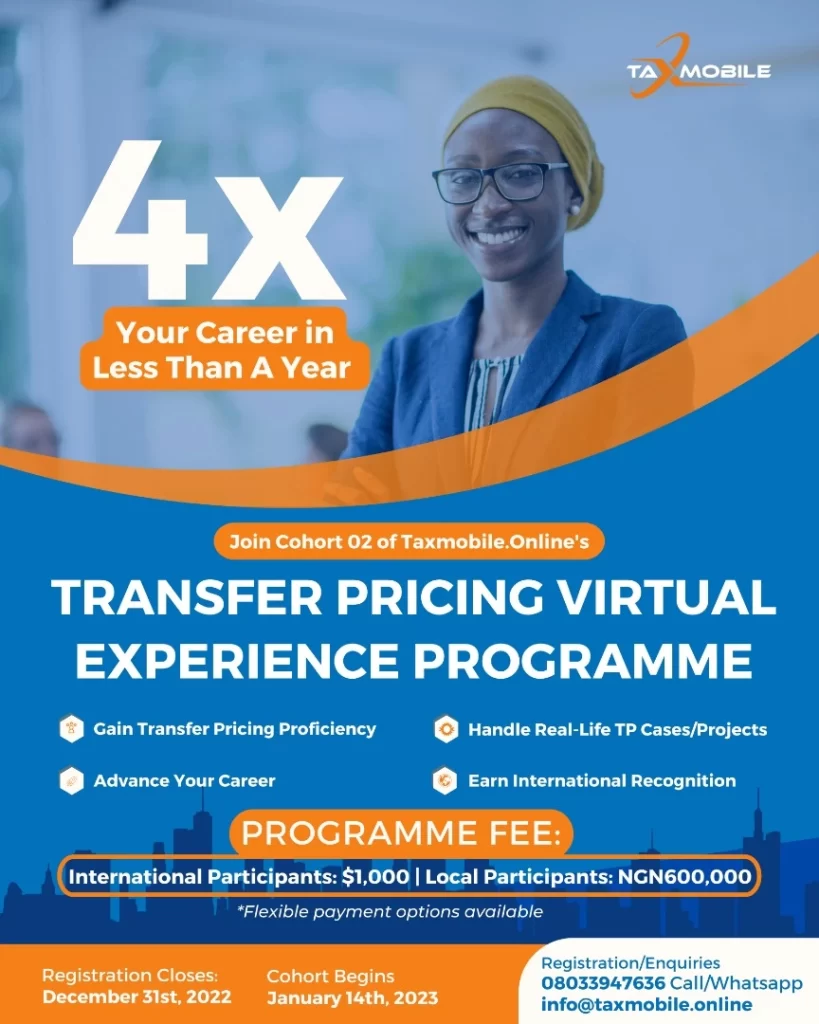
- Allowances in South Africa are granted to employees by their employers either to take care of future expenses or reimburse them for costs incurred while working.
Subsistence, travel allowance policy in South Africa are key areas of taxation in South Africa, especially for the fact that they are types of allowances.
Subsistence, Travel Allowance Policy in South Africa: General Perspective
Subsistence and Travel Allowances both have their features and are liable to taxation in certain instances while in some they are not.
Let’s do a proper breakdown of these allowances and enlighten you on how they work.
What is a Subsistence Allowance?
A subsistence allowance is a fixed amount provided to an employee or a holder of any office for expenses incurred in respect of personal subsistence and incidental costs such as meals and drinks.
SARS’ Deemed Costs For Subsistence Allowances
It is important to note that the South African Revenue Service (SARS) has a set deemed rate for meals and incidental costs for local travel which is applicable per night the employee spends away from home.
If you select the deemed rate set by SARS, it is not necessary to provide proof of what you have spent.
They also have a fixed daily amount for business travel outside of South Africa, which varies from country to country.
This brings us to Subsistence Allowance for both International and Local travel.
Subsistence Allowance International
This allowance applies in a situation where the accommodation to which the allowance relates is outside the Republic.
SARS specifies an amount that is deemed to be spent for each day that is spent in another country.
Log on to the SARS website and go to “Foreign” to view a complete list of countries and amounts deemed to have been expended.
Subsistence Allowance Local
This allowance applies in a situation where the accommodation to which the allowance or advance relates is in the Republic.
Every year, the Finance Minister discloses the amounts deemed to be spent and these are disclosed on the SARS website.
How A Subsistence Allowance Is Taxed
The tax is usually imposed on any amount that wasn’t spent while on a business trip and not returned to one’s employer.
It is usually assessed once you submit your annual tax return for assessment.
Tax-Free Subsistence Allowance
A tax-free subsistence allowance simply means that the allowance amount that you received from your employer is equal to the SARS deemed rate and therefore it is regarded as tax-free.
In other words, after deducting the SARS deemed rate from the allowance amount you received, there will be nothing left to tax.
Therefore, you don’t need to submit any supporting documentation and you also can’t make any claims against this allowance on your tax return.
Taxable Subsistence Allowance
If your employer repays you an amount that is higher than the SARS deemed rates for the expenses incurred, then it’s a taxable subsistence allowance.
This means that it will be indicated with the source code 3704 for local trips and/or 3715 for foreign travel.
Now that we’ve expatiated Subsistence Allowance and explained their taxation pattern, let us move on to Travel Allowance.
What is a Travel Allowance?
Travel allowance is any allowance given to an employee in respect of traveling expenses for business purposes.
A travel allowance should only be given to an employee where that employee is expected to use their private vehicle for the employer’s business.
It is risky for travel allowances to be paid to employees, not for commercial reasons, but only for tax reasons.
Note that the employee doesn’t need to own the vehicle that they are travelling in before they can receive a travel allowance, as long as it is being used for the employer’s business.
Usually, the allowance is paid in two forms:
1. It is either set at a specific amount per pay period or;
2. Reimbursed to an employee for actual business kilometers travelled, according to either the SARS deemed rate or as determined by the employer.
Reimbursive Travel Allowance
Most employers prefer to reimburse their employees rather than set an amount because there is no guarantee that the employee will spend the whole amount while on business travel.
Employers should reimburse their employees at a rate below the SARS prescribed rate of R 3.82 per kilometer so that it will not attract PAYE and will also not be taxable on the employee’s tax return.
Taxation for Travel Allowance
Taxation for travel allowance operates on the assumption that an allowance is included in a person’s taxable income to the extent that the allowance has not been spent on business travel.
The general position is that private travel is taxable and business travel is not taxable.
Where an employee is reimbursed using a rate higher than the SARS deemed rate, the disparity between the SARS deemed rate and the rate used by the employer will be liable to employees’ tax (PAYE).
This is done irrespective of the number of business-related kilometers traveled.
There are two inclusion rates for purposes of deducting employees’ tax (PAYE), namely 80% or 20%.
Unless the employer is convinced that at least 80% of the use of the motor vehicle that the employee is receiving a travel allowance for is business related, the basic withholding rate is 80%.
When the employer is convinced though, the inclusion rate is only 20%.
However, employers opt for a 100% withholding rate when they realize that the employee will not spend much of their travel allowance on business travel.
Business Travel and Private Travel
When an employee receives a travel allowance, it is usually spent on either business travel or private travel, even though they are both business related.
There are two options available to determine the business travel deduction on assessment.
1. Where an employee has kept a detailed logbook of the business kilometers traveled during the tax year.
2. Where an employee does not keep records of actual business traveling. In this case, the first 18,000 kilometers traveled in the tax year will be considered to be private travel, while the subsequent 14,000 kilometers will be deemed to be business travel.
It is important to note that travel between home and work is regarded as private travelling and kilometers travelled more than 32 000 will also be considered to be private.
In conclusion, both subsistence and travel allowance are granted by employers in South Africa to help employees take care of expenses such as food, drinks, accommodation, travel, etc.
Follow us on Twitter for more update
The information contained herein is general and is not intended, and should not be taken, as legal, accounting or tax advice provided by Taxmobile.Online Inc to the reader. This information remains strictly the opinion of Taxmobile.Online Inc.
The reader also is cautioned that this material may not apply to, or suitable for, the reader’s specific circumstances or needs, and may require consideration of other tax factors if any action is to be contemplated. The reader should contact his or her Tax Advisers before taking any action based on this information.
All rights reserved. No part of this document may be reproduced, retransmitted or otherwise redistributed in any form or by any means, electronic or mechanical, including by photocopying, facsimile transmission, recording, rekeying, or using any information storage and retrieval system, without written permission from Taxmobile.Online Inc.

